Macho Italy’s first woman prime minister Giorgia Meloni has now governed for 100 days and I cannot help but notice the enormous elephant in the room: the failure of the global media even to acknowledge, let alone apologise for, how wrong they were to warn the world that Italy was on the verge of a far-right, ergo fascist, take-over.
During the election campaign and immediate aftermath the crème de la crème of the world’s media were chock-a-block with warnings that Meloni and her party – Brothers of Italy – were the equivalent of a Biblical plague of locusts in jackboots about to engulf Italy and from there Europe.
These awful people were the heirs to the fascist dictator Benito Mussolini, we were relentlessly told. They were authoritarians, ergo dictators, who threaten democracy – it was insisted – and nationalists, ergo deplorables, itching to destroy the noble serenity of the supranational EU.
A much discussed piece in the New York Times entitled ‘The Future is Italy – and It’s Bleak’ claimed that Meloni’s programme is ‘nakedly reactionary’. It offered no evidence.
Virtually everyone, including CNN, the BBC, and the Economist, even the Daily Telegraph, defined the coalition government Meloni leads as the most right-wing in Italy since Mussolini.
One German magazine defined Meloni in its cover story that late September election week as ‘the most dangerous woman in Europe’ who ‘wants to transform Italy into an authoritarian state’.
Their truth – as must surely now be clear – was not the truth.
Yes, the roots of Brothers of Italy which Meloni co-founded in 2012 as a centre-right party are in neo-fascism, but she has repeatedly condemned the evil done by fascism.
When I interviewed her during the election campaign, Meloni defined herself as a conservative whose inspiration is not the revolutionary socialist founder of fascism, Mussolini, but two quintessentially English Tories: J. R. R. Tolkien, and Sir Roger Scruton.
Not even Italy’s media, which like the media everywhere in Europe and America is predominantly left-wing, call her far right, let alone fascist.
Their truth – as must surely now be clear – was not the truth
They would love to do so but they cannot. Their audience – the Italians – know what is, and is not, fascist. So they are forced to call her ‘centro-destra’ (centre-right).
Ask her accusers for evidence to support their claims that she is far right, ergo fascist, and the best they can do is to say things like: she wants to stop abortion. But she does not even want to do that. She may well be against abortion, like many people, especially Catholics, but she respects the right of a woman to choose. Ah, they say, but she wants to restrict access to the RU486 abortion pill. Are they sure? Yes, they insist, look at Le Marche, where Brothers of Italy is in charge of the regional government. There, the abortion pill can be prescribed only in hospitals, not GP surgeries.
Oh well, okay, I see, if you insist. But how fascist is that? To say that to oppose abortion is to support fascism is nonsense.
Anyway, the only real obstacle to abortion in Le Marche, as in Italy as a whole, is that a large majority of gynaecologists refuse to conduct abortions as conscientious objectors – nationally it’s 64.6 per cent and in Le Marche it’s 70 per cent.
But that has got nothing to do with Meloni. So it is as dishonest as it is ridiculous to claim that Meloni’s government is the most right-wing since Mussolini.
The global media also warned us about Meloni’s alleged aggressive nationalism which would place her in constant conflict with the European Commission. And yet, as I predicted immediately after her election, that has not happened either. Indeed, in January EU President Ursula von der Leyen flew to Rome to meet Meloni for a perfectly cordial encounter. She is on good terms with both French President Emmanuel Macron and German Chancellor Olaf Scholz who she met yesterday for their first one to one meeting in Berlin at which she repeated her unequivocal support for arms to Ukraine and sanctions on Russia.
As I wrote just after her election victory, Italy’s new prime minister would avoid confrontation with Brussels for a very simple reason.
The EU has earmarked almost 200 billion euros (£180 billion) in grants and loans to Italy from its 800 billion euro Covid recovery fund – far more than for any other member state – to be activated in stages until 2026 but conditional on a large number of structural reforms.
This EU cash injection is of existential importance to Italy whose economy has hardly grown in real terms since the introduction of the euro in 1999.
Italy’s public debt as a percentage of GDP – 147 per cent – is one of the highest on the planet, its fertility rate one of the lowest, its youth unemployment rate among the highest in Europe, and its population the oldest.
Like everyone else, Italy is in addition now also plagued with high inflation.
But one of the achievements Meloni is proudest of is the $8 billion (£6.6. billion) off-shore gas production deal signed in her presence in Tripoli last week between the Italian energy giant Eni and Libya’s National Oil Corporation.
The deal is the largest single foreign investment in Libya’s energy sector in 25 years and part of Italy’s determined drive to find alternative sources of energy to Russia on whom it used to rely before the war in Ukraine for 40 per cent of its gas – but now for only 10 per cent. This also involves a similar deal in Algeria by Meloni’s predecessor Mario Draghi.
Meloni’s ambition is to make southern Italy the EU’s new energy hub.
We were also told, of course, that Meloni and her party are racists who are – among other things – dead keen to deploy the Italian navy to blockade Libya to stop refugees reaching Italy. Nothing of the sort has happened.
It would for a start be impossible to blockade such a huge coastline as Libya’s. Just look at the trouble the French have stopping migrant trafficker boats putting to sea in the by comparison miniscule coastline of the Pas de Calais.
Quite apart from that, the Libyan coastguard is already equipped, trained and paid by Italy and the EU to intercept migrant boats setting off from Libya. This has been done with the approval of successive left-wing Italian governments. While more than 100,000 migrants made it from Libya to Italy in 2022 – not far off double the 2021 total – the Libyan coastguard caught and turned back an additional 22,000.
But as Meloni told me: the only real solution is for the EU at long last to take responsibility for its southern border and set up hot spots in Libya to process asylum claims. Such hot spots would demonstrate not just that the vast majority of claimants – usually single men of fighting age – are not refugees but also solve the problem that it is virtually impossible to deport bogus asylum claimants once they are in Europe.
Meanwhile, Meloni has astutely chosen to avoid for the moment head-on confrontations with the charity ships that ferry across the hundreds of miles of Med about 15 per cent of the migrants that each year reach Italy by sea.
Instead, she has decided to use legal small print to make their lives difficult.
Yes, she is a Eurosceptic who once called for Italy to leave the euro. And she believes the EU should do ‘less better’, and be a confederation of states, a Europe des Patries, not a federal superstate.
But she will only pick fights she can win.
My words in September at the time of her election victory now seem most prescient:
‘Her way of doing things will be like the Chinese: softly, softly catchy monkey – in a very non-confrontational, non-far right or fascistic way. She will try to persuade not bludgeon – to slowly build a consensus to get what she wants both in Italy and in Brussels… She cannot threaten Europe in the way so many analysts imagine. But nor would she want to from a position of weakness – unless forced to by severe economic crisis or war. Expect her though to be a far less strident figure than today’s often-hysterical reaction suggests.’
Above all, perhaps, the markets are on her side.
The spread – the all important difference between the yield (interest rate) on German ten year government bonds and those of other Eurozone countries – is often seen as the litmus test of how well or badly that Eurozone economy is doing.
In 2011, the spread became so large between German and Italian bonds that it led to the resignation of Silvio Berlusconi as prime minister amidst much talk about Italy being compelled to abandon the euro.
Well, since Meloni became prime minister the spread has narrowed dramatically from 236 point to 175 points.
Meanwhile, Meloni’s popularity rises. At the election, Brothers of Italy got 26 per cent of the vote which enabled the right-wing coalition Meloni leads to win a large majority of seats in Parliament. It is now polling around 30 per cent.
All this, plus the continued state of disarray of the opposition mean that unlike most Italian governments Meloni’s looks well set to complete its five-year mandate.
And – would you believe it? – a couple of weeks ago, Italian police arrested the capo di tutti i capi (the boss of all the bosses) of Cosa Nostra, the Sicilian Mafia, who had been on the run for 30 years.
As the Economist grudgingly conceded: ‘Few governments approach the end of their first 100 days in such good shape as Giorgia Meloni’s right-wing coalition.’
You could not have thought such a state of affairs would be even remotely possible if you had paid heed to what the global media were telling us 100 days ago.
Got something to add? Join the discussion and comment below.
Get 10 issues for just $10
Subscribe to The Spectator Australia today for the next 10 magazine issues, plus full online access, for just $10.

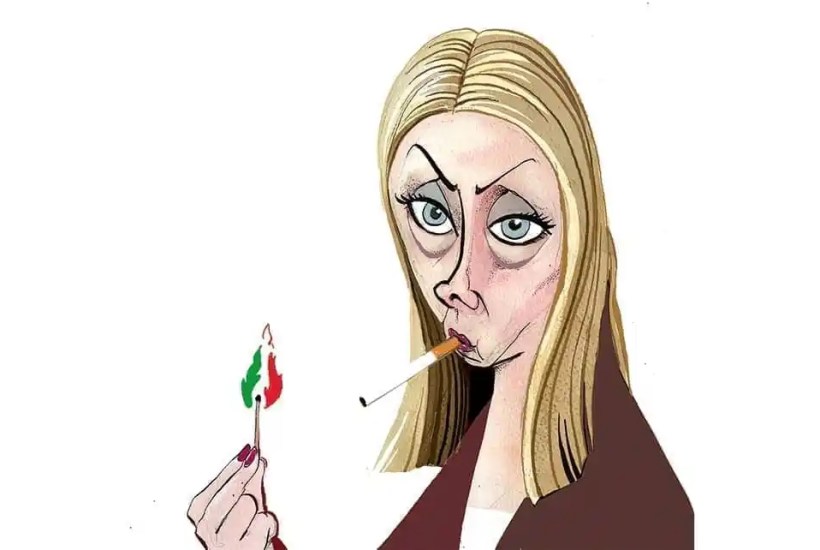
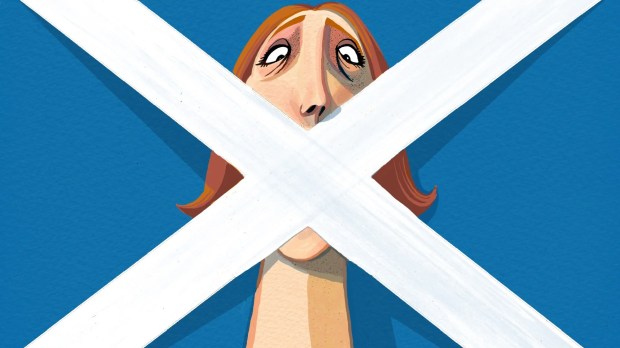
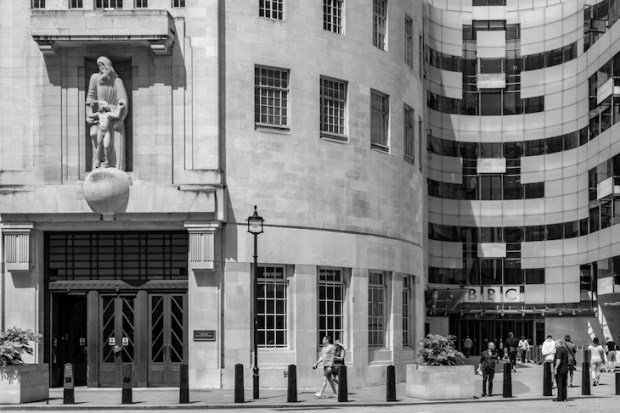
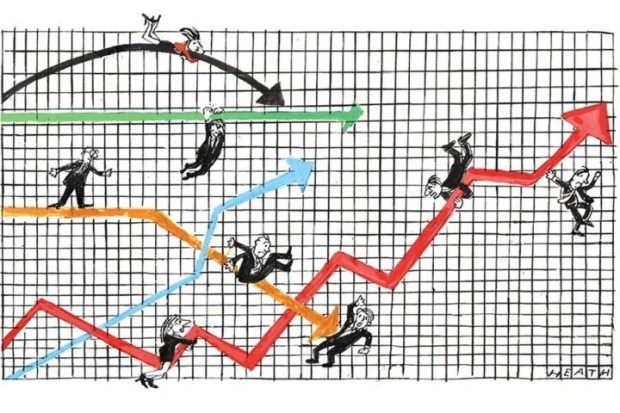

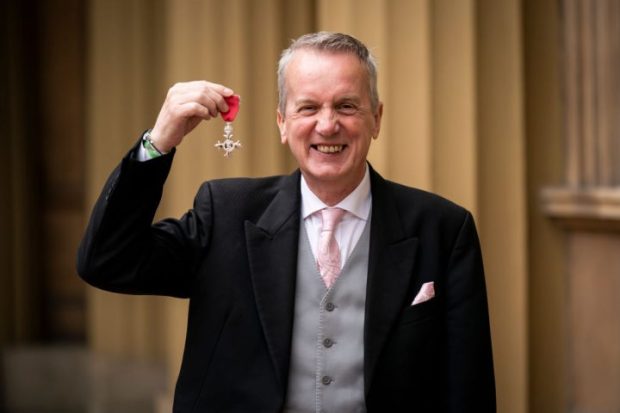













Comments
Don't miss out
Join the conversation with other Spectator Australia readers. Subscribe to leave a comment.
SUBSCRIBEAlready a subscriber? Log in